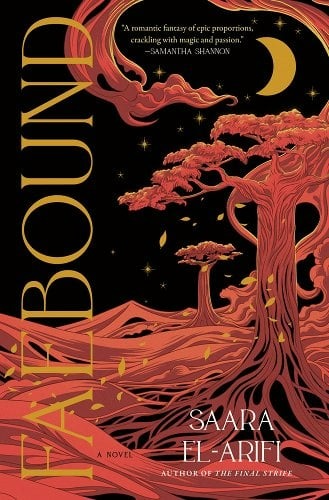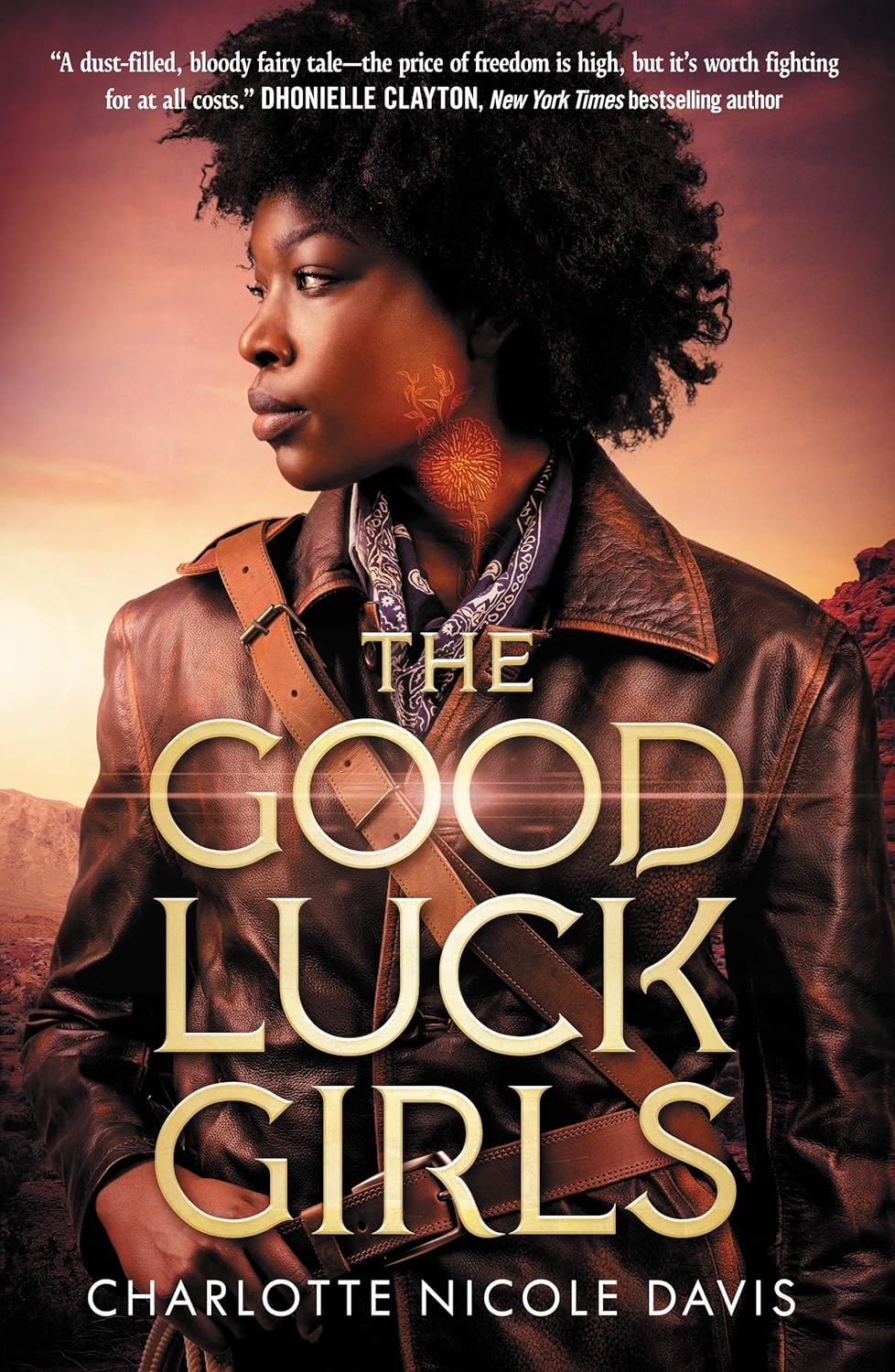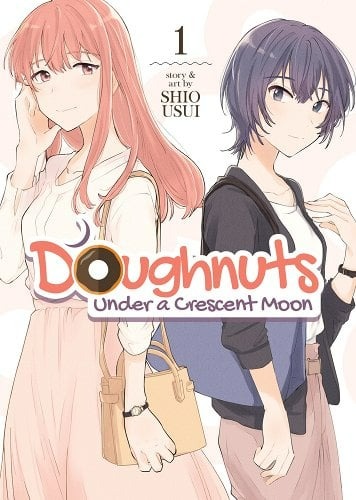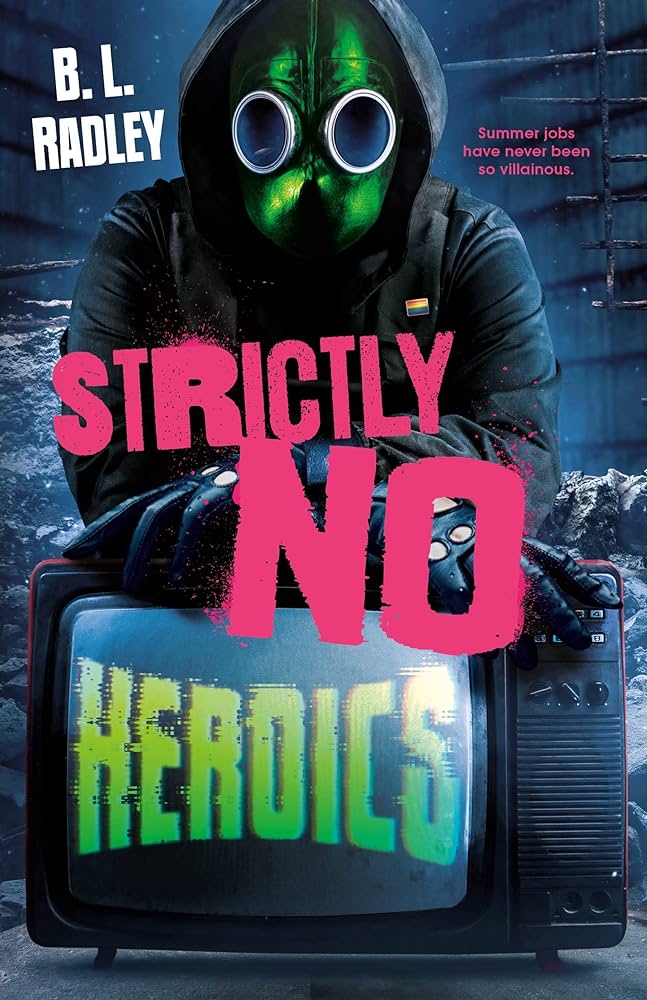Yeeran is a warrior in the elven army and has known nothing but violence her whole life. Her sister, Lettle, is trying to make a living as a diviner, seeking prophecies of a better future. When a fatal mistake leads to Yeeran’s exile from the Elven lands, they are both forced into the terrifying wildernessRead More
A Standing Ovation for Clap When You Land by Elizabeth Acevedo
Buy this from Bookshop.org to support local bookstores and the Lesbrary! “There is another girl / on this planet / who is my kin. / My father / lied to me / every day of my life. / [ . . . ] I want to put my fingers / against my sister’s cheek. /Read More
Jamaican Joan of Arc: So Let Them Burn by Kamilah Cole
Buy this from Bookshop.org to support local bookstores and the Lesbrary! I first saw Kamilah Cole describe her debut, So Let Them Burn, as a Jamaican Joan of Arc, which was enough to grab my attention even before the book had a cover. To be more specific, So Let Them Burn is the first book in a YARead More
An Underrated Fantasy Western: The Good Luck Girls by Charlotte Nicole Davis
Buy this from Bookshop.org to support local bookstores and the Lesbrary! I am actually going to talk about two books in this review, because while I thought the first book was fantastic, it was not until I finished the sequel that I fully realized exactly how good I thought these books were. The Good LuckRead More
F/F Jamaican-Inspired YA Fantasy with Dragons: So Let Them Burn by Kamilah Cole
Buy this from Bookshop.org to support local bookstores and the Lesbrary! Any other Eragon girlies out there? Check out So Let Them Burn, a Jamaican-inspired F/F young adult fantasy that delivered from beginning to end! This moving and action-packed debut has made me a Kamilah Cole fangirl and I can’t wait for the second book inRead More
A Sapphic Asexual Manga Romance: Doughnuts Under a Crescent Moon Series by Shio Usui
Buy this from Bookshop.org to support local bookstores and the Lesbrary! I’m always looking for more sapphic manga with adult main characters: until recently, yuri stories between schoolgirls was about all I could find available in English. While some of those are great, I am excited to see more queer manga coming out now withRead More
Join the Henchfolk Union: Strictly No Heroics by B.L. Radley
Bookshop.org Affiliate Link Strictly No Heroics is a YA urban fantasy novel that treats “super” as an adverb as much as a noun. It introduces a world of supers—superheroes, supervillains—who are super dangerous to normies (non-powered humans) and super helpful to the forces of gentrification. Main character Riley has simple desires: earn enough money for therapy,Read More
A Sapphic Gothic Fairy Tale: Down Among the Sticks and Bones by Seanan McGuire
Bookshop.org Affiliate Link My favourite holiday of the year is Dewey’s 24 Hour Readathon, particularly the October readathon. My roommate and I spend all day reading horror books and snacking. It is a delight. Last year, I read Every Heart a Doorway and really enjoyed it. The horror/fantasy novella series felt like a perfect fitRead More
Sapphic Satanic Panic: Rainbow Black by Maggie Thrash
Bookshop.org Affiliate Link In her debut adult novel, Rainbow Black (March 19, 2024), Maggie Thrash (she/her), author of the critically acclaimed young adult graphic memoir Honor Girl, delivers a compelling, witty, and often moving account of Lacey Bond, whose life is forever changed when her parents are arrested and prosecuted for allegedly committing acts of ritualistic childRead More
Danika reviews Delilah Green Doesn’t Care by Ashley Herring Blake
Amazon Affiliate Link | Bookshop.org Affiliate Link Ever since I read the Brown Sisters series by Talia Hibbert, I’ve been chasing the feeling of that romance reading experience. Luckily, I found a book that scratches that same itch, and it’s Delilah Green Doesn’t Care. Both have well-rounded side characters, a connection to family, and a ton ofRead More




